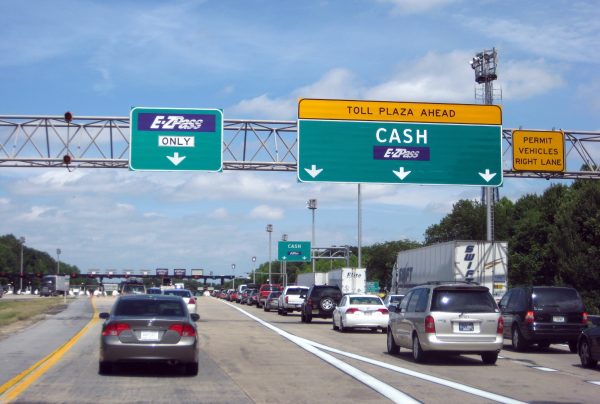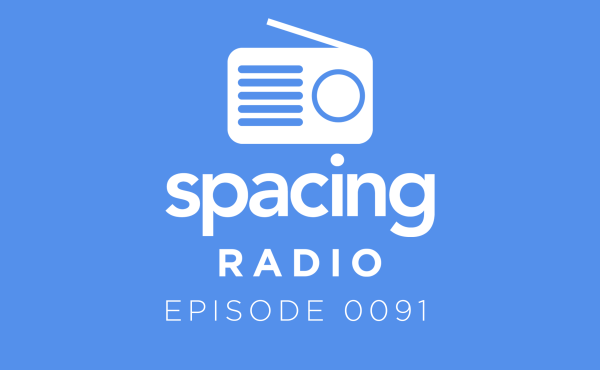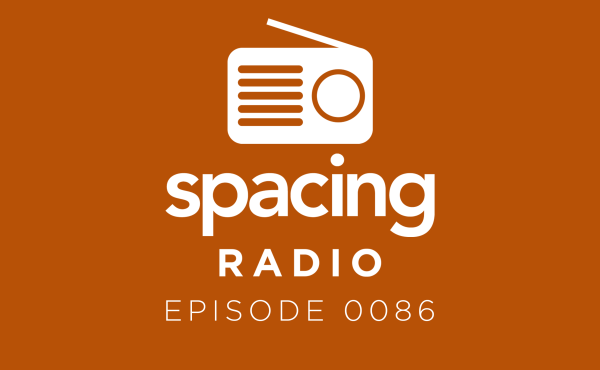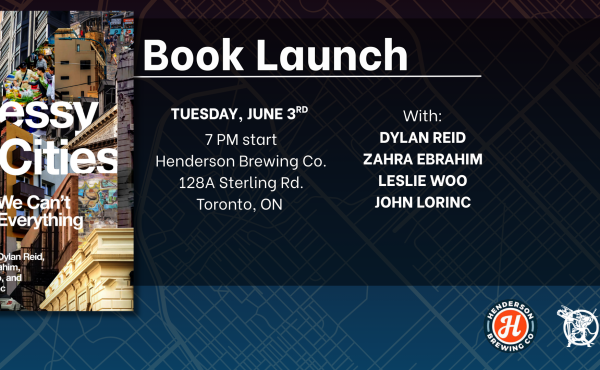
There’s no question that Mayor John Tory deserves credit for hitching his political wagon to road tolls — on the Gardiner and the Don Valley Parkway — at a time when populist fires are raging all over.
The case for such user fees is amply documented, and there are precedents everywhere, not least on the freeways of our tax averse neighbours to the south. Tolls are good for the environment and they can serve to underwrite other social goods, like transit lines designed to ameliorate congestion.
You know the arguments.
Tory, moreover, wasn’t shy about laying out his own political calculations: lots of 905 drivers use these City of Toronto-owned highways and don’t pay a penny for their upkeep or reconstruction. Economists hate externalities, but externalities are most useful if the people hurt by such decisions won’t be voting for you no matter how they feel about road pricing. Commuters can shout all they want at talk radio, but they can’t vent at the ballot box.
Indeed, the thinking behind Tory’s (latest) conversion on the toll road to Damascus brings to mind the reasoning behind David Miller’s advocacy of the land transfer tax, the last great cash cow approved by Toronto city council. In any given year, the constituency most affected is tiny, and unlikely to sway an election.
But the mayor — in coming forward with a plan that’s bundled with various other revenue proposals — has cagily elided measures that impact both of the City’s budgets, and in so doing has succeeded in ducking, yet again, the steadily accumulating pressure on the City’s operating outlays.
He kicked that can down the road.
The revenues from the tolls — Tory talked about $200 million, but the final tally will vary depending on operating costs and the tolling method — will flow into a dedicated infrastructure capital fund, and then get allocated to the City’s gigantic capital backlog ($33 billion over 20 years, including all sorts of unfunded projects).
Now, consider that the lion’s share of budget news you’ve been hearing from City Hall in recent weeks — across-the-board operating budget cuts, outsourcing waste collection east of Yonge Street, TTC fare hikes, etc. — has focused on the operating side. That budget gets more and more pressurized by the year, and will become a fire-breathing dragon once the new transit lines (Eglinton Crosstown, Scarborough subway, Smart Track) come on stream in the 2020s with not so much as a plug nickel of operating subsidy from the province. Your fares will skyrocket.
All the mayor proposed to directly ease the pressure on the operating budget was a $22 million annual subsidy to commercial property owners and a mandatory hotel tax — raising $20 million — that has yet to be green-lighted by Queen’s Park. In an $11 billion operating budget, such moves are little more than small cheese and have the effect of continuing to force council and City officials to squeeze spending, outsource services, cut programs, and hike user fees.
The capital budget’s impact on the operating budget, meanwhile, is simple: every year, Toronto residents hand over more than $450 million in interest payments to service the City’s accumulated debt.
So while the new toll revenue — which is expected to start flowing in 2019 if none of Tory’s bold thinking goes sideways — will help mitigate the City’s annual borrowing costs (and thus that huge interest line item on the operating budget), the measure as structured almost completely fails to confront the dual nature of long-term capital expenditure, which is that each new project, from the smallest park to the most grandiose transit line, always costs money to operate and maintain.
It’s interesting to note, in light of the mayor’s move to frame the terms of the debate, that city manager Peter Wallace yesterday released the latest staff report on the city’s financial problems, and his thoughts about a long-term financial plan, which, he says, will land in the second quarter of 2017.
The document includes this telling list of bullet points (page 11):
- Increased efficiency and lower service costs, realized through investment in technology and, potentially, downward pressure on overall compensation costs;
- Reduction in service levels, at least relative to population growth
- Significant new revenue measures, increasing on an annual basis
- New revenue sharing arrangements with the Province and potentially the federal government, respecting Toronto’s unique role and requirements
- Greater emphasis on increases to property tax rates.
Read that list. What Tory proposed, to general acclaim, really extends no further than the first two, and those measures, let’s be clear, depend on beating down salaries. He also explicitly ruled out a new vehicle registration tax, which Wallace has recommended to ease the pressure on the operating budget.
If Tory genuinely wants to put the City of Toronto on a stable financial footing and improve livability while he’s in the mayor’s office, dinging 905 commuters for a couple of loonies a day is nice start, but little more than that.





3 comments
OR…
The province could take over the Gardiner Expressway as a QEW extension and the Don Valley Parkway as a Highway 404 extension. Then everything would be moot.
It’s a good idea. At the same time, the rest of the Province should stop having their tax dollars going to support public transit.
All this could be solved with a city sales tax. as little as 2% would do wonders for the city.